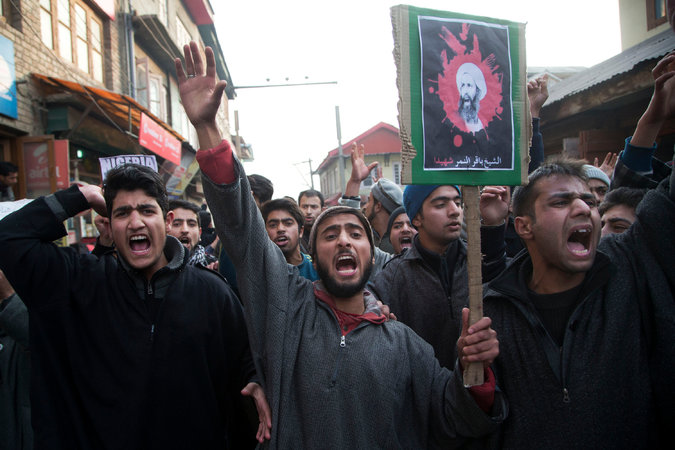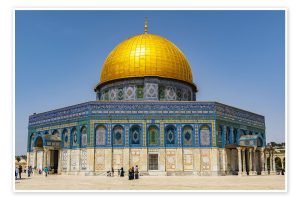Iran leader sees ‘divine vengeance’ for Saudi cleric execution
Iranian protesters stormed the Saudi Embassy in Tehran early on Sunday as Shi’ite Muslim Iran reacted with fury to Saudi Arabia’s execution of a prominent Shi’ite cleric.
Demonstrators who had massed at the embassy gates to protest against cleric Nimr al-Nimr’s execution broke into the embassy and started fires before being cleared away by the police, Iran’s ISNA news agency reported.
Pictures posted on Twitter showed parts of the interior on fire and smashed furniture inside one office.
Shortly afterwards, Iran’s foreign ministry issued a statement calling for calm and urging protesters to respect the diplomatic premises, the Entekhab news website reported.
The cleric, Sheikh Nimr al-Nimr, was among 47 men executed in Saudi Arabia on terrorism-related charges, drawing condemnation from Iran and its allies in the region, and sparking fears that sectarian tensions could rise across the Middle East.
The executions coincided with increased attacks in Saudi Arabia by the jihadists of the Islamic State and an escalating rivalry between the Sunni monarchy and Shiite Iran that is playing out in conflicts in Syria, Yemen and elsewhere. Sheikh Nimr was an outspoken critic of the Saudi monarchy and was adopted as a symbolic leader by Shiite protesters in several Persian Gulf countries during the Arab Spring uprisings.
Iranian Supreme Leader Ayatollah Ali Khamenei, attacking Saudi Arabia for the second straight day over its execution of a Shi’ite cleric, said on Sunday politicians in the Sunni kingdom would face divine retribution for his death.
“The unjustly spilled blood of this oppressed martyr will no doubt soon show its effect and divine vengeance will befall Saudi politicians,” state TV reported Khamenei as saying. It said he described the execution as a “political error”.

The U.S. State Department said Nimr’s execution “risks exacerbating sectarian tensions at a time when they urgently need to be reduced”. The sentiment was echoed almost verbatim by EU foreign policy chief Federica Mogherini and an official at the German Foreign Ministry.
The State Department also urged the Saudi government to “respect and protect human rights, and to ensure fair and transparent judicial proceedings in all cases”, as well as to permit peaceful expression of dissent and work with all community leaders to defuse tensions.
The simultaneous execution of 47 people – 45 Saudis, one Egyptian and a man from Chad – was the biggest mass execution for security offences in Saudi Arabia since the 1980 killing of 63 jihadist rebels who seized Mecca’s Grand Mosque in 1979.




